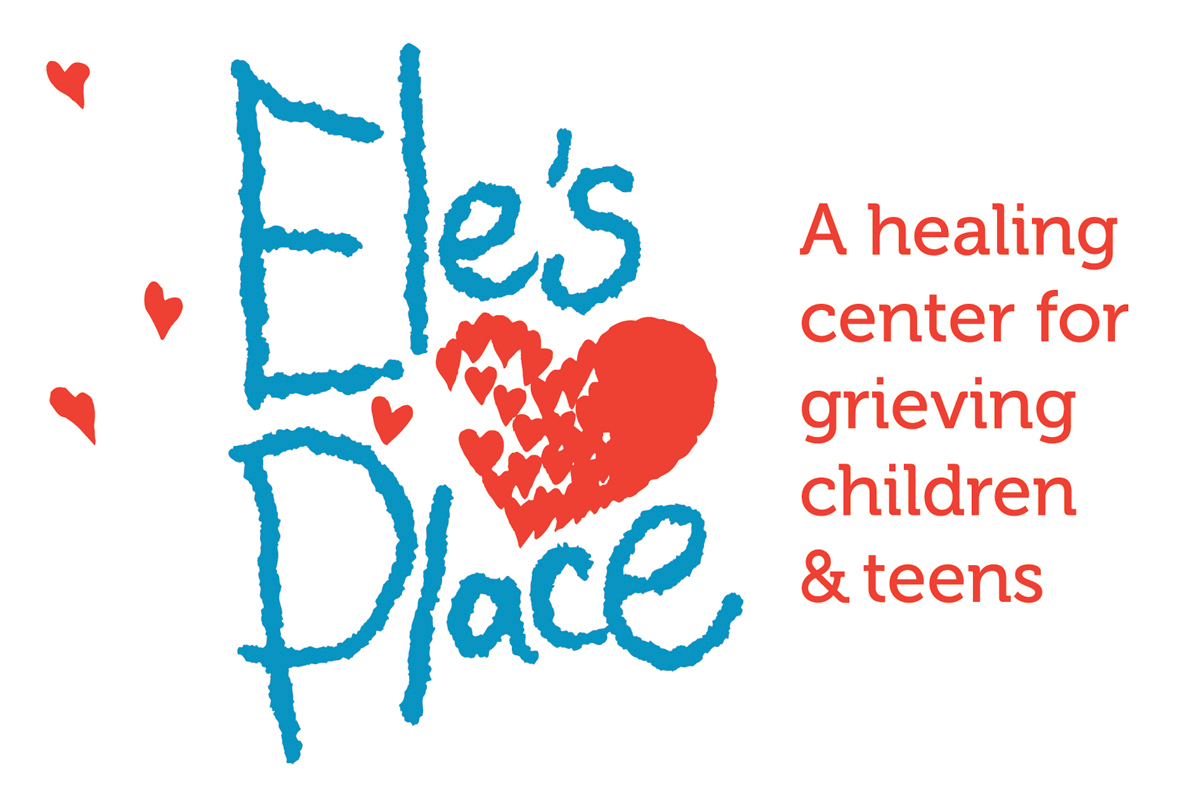Talking to Children about Death
As much as we would like to protect children from death and loss, many children will experience some type of significant loss. Parents can help prepare children for the inevitable losses in their life by taking advantage of the “teachable moments” that occur when children learn of a death of someone outside of their immediate family. They can then apply that information that they learn in a more abstract way from a more distant death to a significant loss as they process the death of a person important to them.
The following guidelines may help you to provide the information, coping skills and reassurance your children need.
- Maintain a calm, matter-of-fact tone of voice and use clear, unambiguous vocabulary. Avoid euphemisms such as “lost”, “sleeping”, or “passed away”, which can be confusing to children. Explain that death means a person’s body doesn’t work anymore, usually because they were very, very, very sick or hurt or old. Children need to know that death is permanent. The person who died will not come back; their bodies no longer do the things they need to do to live, like breathing and eating.
- Reassure children that most people live to be very, very, very old. When they are sick or hurt, they usually get better. But sometimes a person is so badly hurt or so very, very, very sick that their body stops working.
- Listen to your child’s questions and respond with simple, honest answers. Be careful not to give them more information than they can absorb.
- Children may worry that their parents or other family members could die. Do not promise that you will never die; instead remind them that you expect to live a very long time, that you want to be there to take care of them, and that there will always be someone to love and care for them.
- Children may ask repetitive questions about the death, or temporarily incorporate themes of death in their play. This is normal and is the child’s way of making sense of new information.
- Share your feelings and help your child identify his or her feelings about the death.
- When appropriate, explain funeral rituals and any beliefs your family has and allow your child to participate if they wish to. Many adults find a kind of closure in participating in these traditions that honor their loved ones and can help their children find it also as they remember the person who died.
For more information, please see our Resources page or call your local Ele's Place branch.
